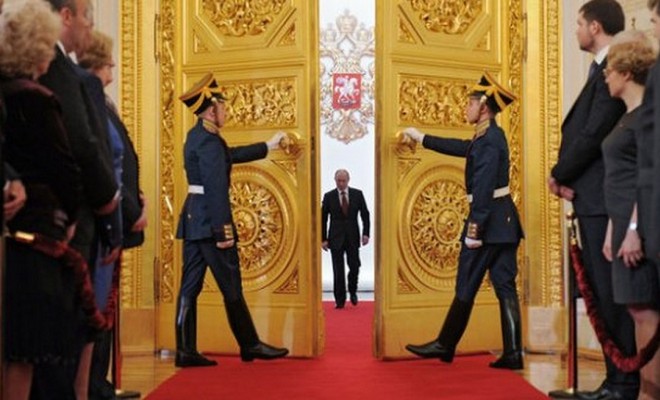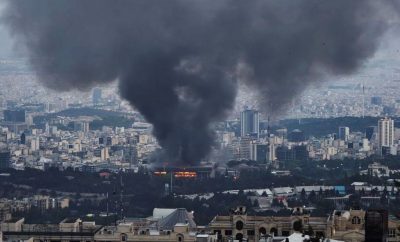
Chinese Dreams, Russian Realities
Some autocrats grow their economies; other autocrats destroy their economies. For every China, there is a North Korea. For every Singapore, there is a Zimbabwe.
After twenty years in power, Russian President Vladimir Putin has performed better than Robert Mugabe in Zimbabwe, but has accomplished nowhere near what Deng Xiao Peng has in China or Lee Kwan Yew in Singapore. As Putin now proposes institutional changes to lock himself into power even longer, only the most hopeful should assume that the next ten (or twenty?) years of Russian dictatorship will perform any better than the last 20 years.
Russians could not only be freer with more democracy, but richer.
When Boris Yeltsin first chose Putin to serve as the new president in 2000, a decision later ratified by the Russian voters, Putin was both an accidental and lucky ruler.
Initially, Yeltsin and his inner circle had a different plan of succession. In 1997, Yeltsin assembled a new liberal, pro-democratic government, and anointed its first deputy prime minister, Boris Nemtsov, to succeed him in 2000. The year after, however, a global financial crisis triggered a major economic crisis in Russia, forcing Yeltsin to fire Nemtsov and the others in that government and appoint the communist-leaning Evgeny Primakov as prime minister in 1998.
By the fall of 1999, with parliamentary and presidential elections just a few months away, Yeltsin had to shake things up to stop Primakov and his allies (including the mayor of Moscow, Yuri Luzhkov) from coming to power.
That’s why Yeltsin plucked Putin out of obscurity — a young, loyal, intelligence officer who just happened to become prime minister as Chechens allegedly conducted several terrorist attacks in the Russian heartland (some speculate that this coincidence of events was more than just luck).
Prime Minister Putin took the lead in responding to these terrorist attacks by launching a second war in Chechnya, generating the rallying around the flag sentiment in Russian society that occurs in most countries going to war.
Putin’s second stroke of luck was to become president at exactly the moment when the Russian economy began to grow, fueled primarily by rising oil and gas prices. Putin’s reputation as a strong, successful leader was shaped in large measure by these two events — the Chechen war and 7% annual growth for several years.
Συνέχεια ανάγνωσης εδώ




